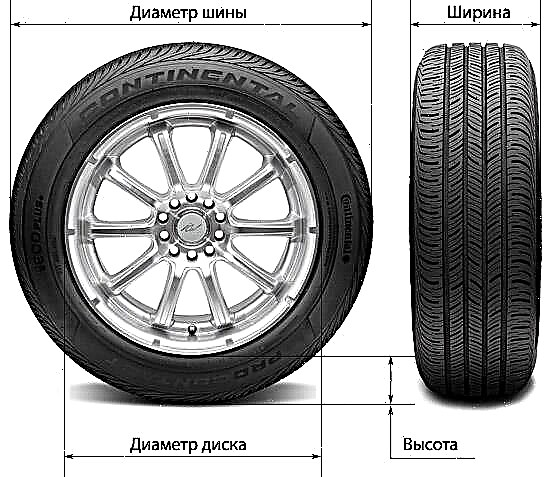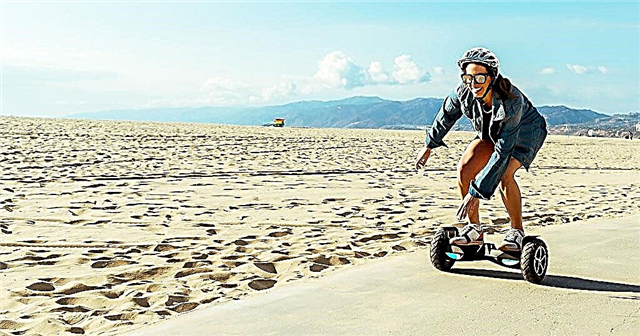
Ice Cola certainly hits the spot sometimes, but that spike in sugar takes its toll on your body. Drinking a can of soda makes you go berserk—which is why you might want to stick with water or seltzer the next time you need to rehydrate.
Crack, hiss, gulp. During the first ten to fifteen minutes of taking this cola, your intestines are pushing sugar into your bloodstream, raising your blood glucose levels. It's a ton of fast, effervescent energy, and to deal with the onslaught, several organs in your body go into overdrive so you can process that sugar. The soda companies don't tell you everything either, here are the secrets that Coca Cola doesn't want you to know.
Your pancreas produces insulin to help transport sugar (which is a carbohydrate) to your muscles for energy. But this soda contains far more sugar than your muscles need. “When a person drinks a 20-ounce soda, they are receiving a full carbohydrate meal through the liquid,” explains Meltem Zeytinoglu, MD, MBA, endocrinologist and assistant professor of medicine at the University of Chicago Medicine. “In most cases, this soda is consumed in addition to meals, so additional carbohydrates need to be processed. This extra sugar, instead of being stored in muscle tissue, is converted to fat in the liver.”
Your kidney also comes into play by helping you flush out excess sugar through your urine. This means your body is losing water, which, along with the diuretic effect of caffeine in soda, increases your risk of dehydration. The sugar and caffeine in soda is “a pretty bad combination,” says Dr. Zeytinoglu. Learn more about the foods that nutritionists never eat.
Then there's the problem with one soda, which is never enough: According to a Princeton study, when researchers fed hungry rats a sugary solution, their brains released dopamine, a chemical that induces motivation and reward. This is a response similar to what happens when a rat is given cocaine or heroin. And according to a study by the National Institutes of Health, sugar can be even more addictive than cocaine; the theory is that we evolved as a species to instinctively appreciate fast, high-calorie, high-calorie foods, the researchers say.
The good news is that you don't have to completely banish soda. “The most important thing to remember is that portion control matters,” says Cordialis Msora-Kasago, Massachusetts, RDN, a registered dietitian in Los Angeles, California and spokesman for the Academy of Nutrition and Dietetics. “The occasional soda will not have a significant impact on your health. It's when it becomes a regular habit that [it's] a problem. Look for other non-calorie drinks that you enjoy, such as iced tea, water, and infused water.” Read on for some other reasons to cut back on soda (including diet).



